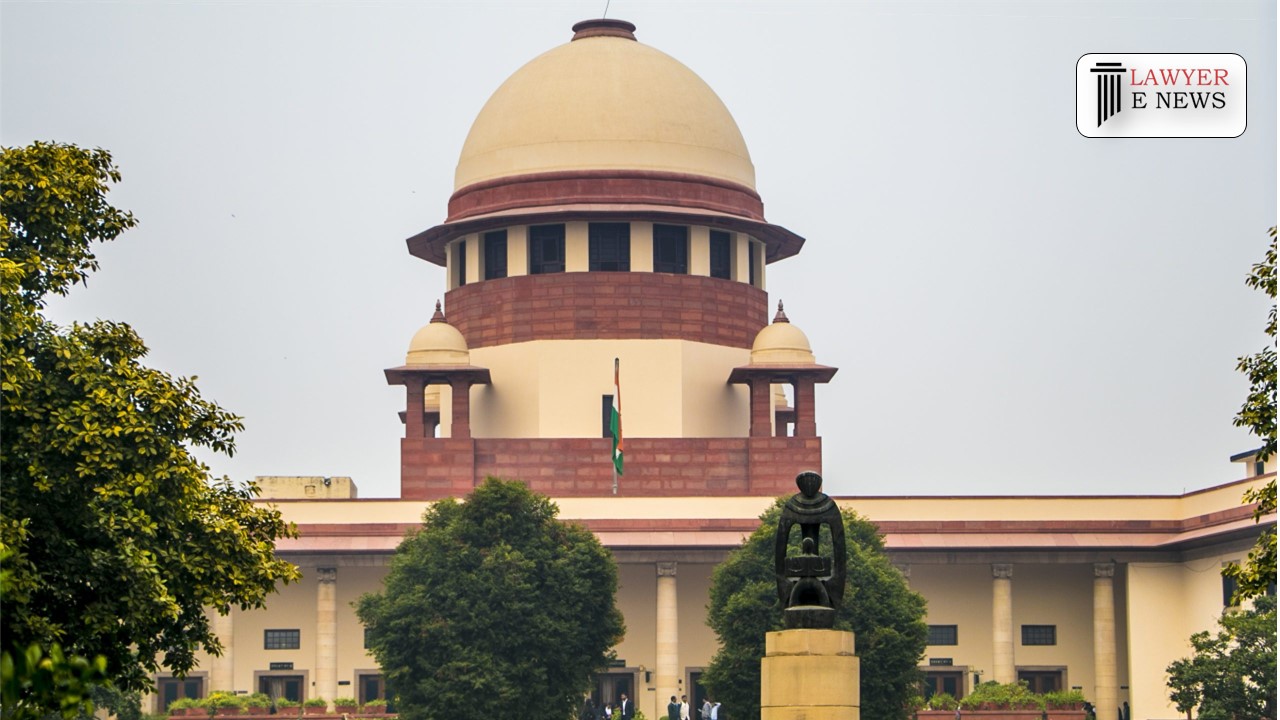-
by Admin
15 February 2026 5:01 PM



The Supreme Court of India, in a significant verdict, has re-emphasized the necessity for direct oral evidence in criminal proceedings, specifically concerning the admissibility and authenticity of disclosure statements under Section 27 of the Indian Evidence Act.
The case revolved around the criminal appeal against the conviction of three individuals, previously acquitted by a trial court but convicted by the High Court for a murder in 2001. The Supreme Court scrutinized the manner in which the High Court handled the eyewitness testimonies and the procedural lapses in police investigation, particularly the authenticity of the FIR and the recovery of weapons.
Eyewitness Testimonies: The court underscored substantial inconsistencies in the testimonies regarding assailants' identities and actions at the crime scene, thereby questioning their reliability.
Police Procedures and FIR Authenticity: Significant procedural discrepancies, such as delays in recording the FIR, cast doubt on the foundational elements of the prosecution's case.
Medical Evidence: Discrepancies between the medical evidence and eyewitness accounts regarding the time of the incident further weakened the prosecution's claims.
Recovery of Weapons: Claims about the recovery of weapons used in the crime were deemed unsubstantiated due to lack of credible evidence linking them to the accused.
Necessity for Direct Oral Evidence: The court highlighted the strict requirement under Section 60 of the Evidence Act that oral evidence must always be direct. This means that hearsay or secondary evidence is not admissible unless specifically allowed under the law.
Proving Disclosure Statements: Detailing the proper procedure for proving disclosure statements under Section 27, the court noted that the investigating officer must testify precisely about what the accused stated during interrogation, which should directly lead to the discovery of incriminating facts. This testimony must be a direct account and not derived from secondary sources.
Decision and Judgment: The Supreme Court found that the High Court had not adhered to these legal principles while reassessing the acquittal, leading to the reversal of the conviction of the appellants. The apex court reinstated the trial court's decision to acquit based on the unreliability of witness testimonies and procedural errors during the initial investigation.
Date of Decision: 19 April 2024
Babu Sahebagouda Rudragoudar And Others vs State Of Karnataka
